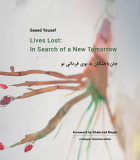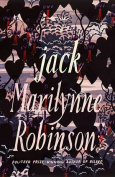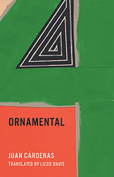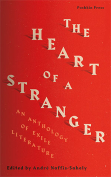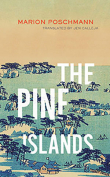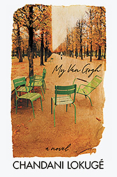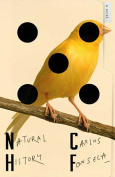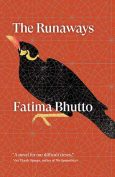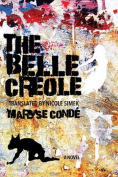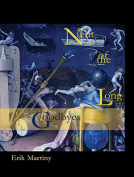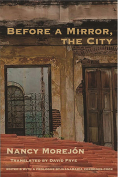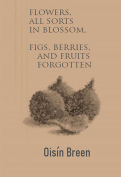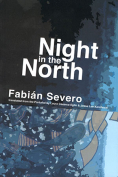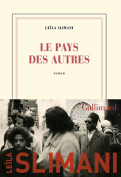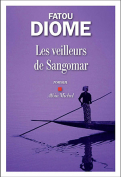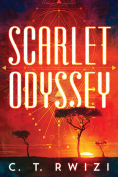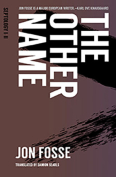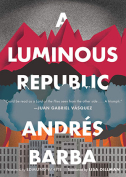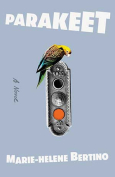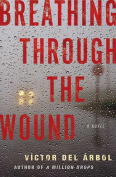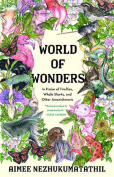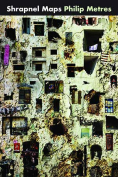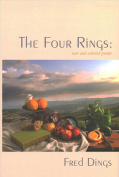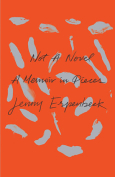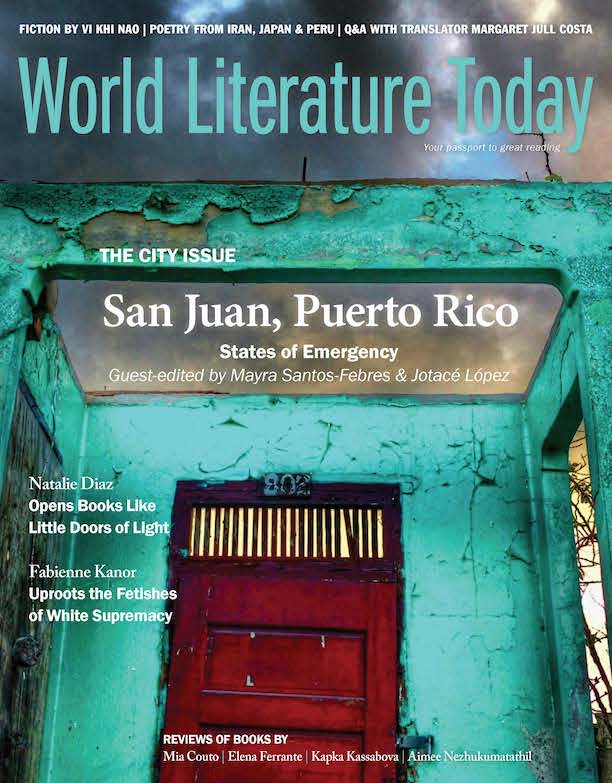My Van Gogh by Chandani Lokugé
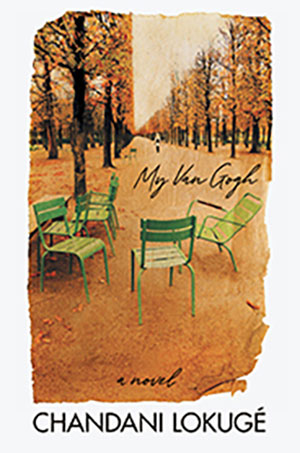 Melbourne. Arden. 2019. 161 pages.
Melbourne. Arden. 2019. 161 pages.
CHANDANI LOKUGÉ’S new novel, My Van Gogh, winds its way from Australia to France with the lilt of an ancient pilgrim song. The novel, which traces the journey of a young Australian man, Shannon, to France in search of his lost mother’s roots, is rich in sensual detail and recounted with highly evocative, poetic storytelling. An erstwhile art student, Shannon is on a quest to walk in the footsteps of Vincent van Gogh, who mirrors Shannon’s desperate need to come to terms with his own struggle with chronic depression and, in so doing, to arrive at a capacity for healing the lifelong wound of rejection and abandonment caused by his mother’s sudden and unexplained departure.
The novel reads like a somewhat melancholy revisioning of the medieval pilgrim’s morality tales, where several characters interact and share their stories and histories over the course of a pilgrimage; these interactions create a relational foundation on which new lives, and new directions, can be built and explored. This conceit, applied to a more contemporary context, allows Lokugé to explore what is fast emerging as one of the most significant issues of the postmillenial generations, that of mental health, as growing numbers of youth find themselves fundamentally alienated and unable to form thriving relationships among peers or family.
The novel is also a testament to the capacity of the creative genius to shape chaos into healing form. Shannon finds direction and succor through his sketches and poems, while his companion, Lilou, finds ways to balance the darkness of her traumatic past, which she paints into watercolors of wounded seagulls against the soaring music of Ralph Vaughan William’s “The Lark Ascending.” With her unflinchingly human portrayal of loss and recuperation, Lokugé’s characters show us the capacity of the human psyche to explore trauma through art and to renew itself, like the pilgrimage heals through walking, in the process of containing the sublime within the beautiful.
Aparna Halpé
Toronto, Canada
